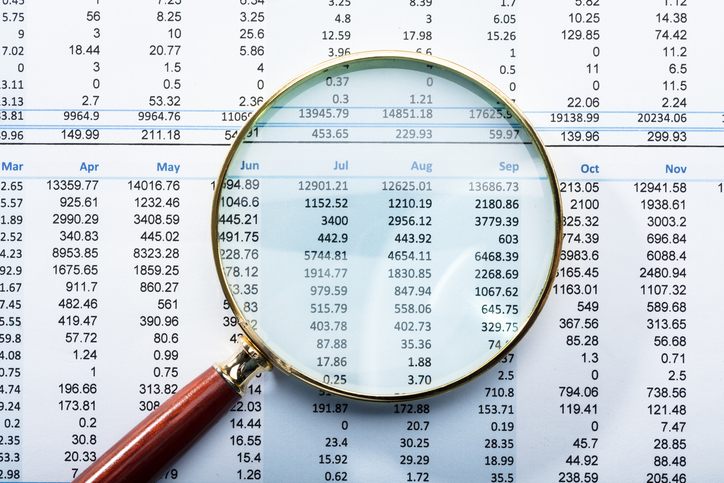Ferran Adria, one of the most innovative chefs in the world, was asked once what country is producing the best food today. He responded, “Some say Spain, others France, Italy or California. But these places are only competing for the top spot because Mao destroyed the preeminence of Chinese cooking by sending China’s chefs to work in the fields and factories. If he hadn’t done this, all the other countries and other the other chefs, myself included, would still be chasing the Chinese dragon.”
Free markets are the best system ever created to lift people out of poverty. But, as Adria’s comment makes clear, free markets also give people the freedom and prosperity to express themselves and their culture.
The richness of diversity is cultivated by individual freedom, not from government bureaucracy. Too often politicians substitute their own priorities for the freedom of people to practice their culture, imposing one-size-fits-all restrictions that limit diversity.
One of the most common ways people express their diversity and culture is through cuisine. It is also an area where government overreach has undermined that cultural diversity.
Politicians focus only on their goals, paying little attention to the impact their policies have on the lives of people.
Here in Washington state, politicians trying to ban natural gas cooking to reduce tiny amounts of greenhouse gases would damage the art of cooking Asian food.
J. Kenji Lopez Alt, a Seattle chef and author of “The Wok” describes how fire – either from wood or natural gas – is essential to traditional Asian cooking using a wok.
Cooking with a very hot wok – about 600 degrees – is important. Alt explains that traditional wok cooking isn’t stirring as much as tossing the food. As you are tossing the food through the air, you encourage the evaporation of moisture. He explained that “if you're using a gas burner there's this hot column of air that moves up the back of the wok as you pull it forward and your food flies up through that hot column of air, and that allows the steam that had been generated by the food in the wok, it's trapped in that column of air, and when you throw the food back through it, the steam condenses on the food, and that action of condensing actually transfers energy to the food, and so what it does is that stirring and tossing process cooks your food much faster than just sort of letting it sit in a pot and stir around with a spatula.”
Cooking over fire, like natural gas, is what makes traditional wok cooking generate food that is seared but still moist and delicious.
Seeing natural gas cooking only as a source of greenhouse gasses that must be stopped doesn’t consider the cultural value of natural gas for Asian cuisine. Or the fact that good Asian cuisine is delicious and a gift to the world.
Some may argue that this is a small price to pay to reduce the risk from greenhouse gases. But the benefits from banning natural gas cooking are virtually zero. Dismissing the cultural value of traditional Asian cooking in the name of virtually nonexistent climate benefits is exactly the kind of rigid political thinking that devalues cultural diversity in the name of political expediency.
Respecting diversity means acknowledging the ways that culture makes all of us richer and it shouldn’t be forgotten or undermined by narrow-minded political agendas.
Washington can protect the natural world, but the approach has too often been to treat restricting freedom as a surrogate for environmental protection. The attempt to ban natural gas for cooking is a good example of that impulse and one that is destructive not only of prosperity but of personal choice and cultural diversity.





